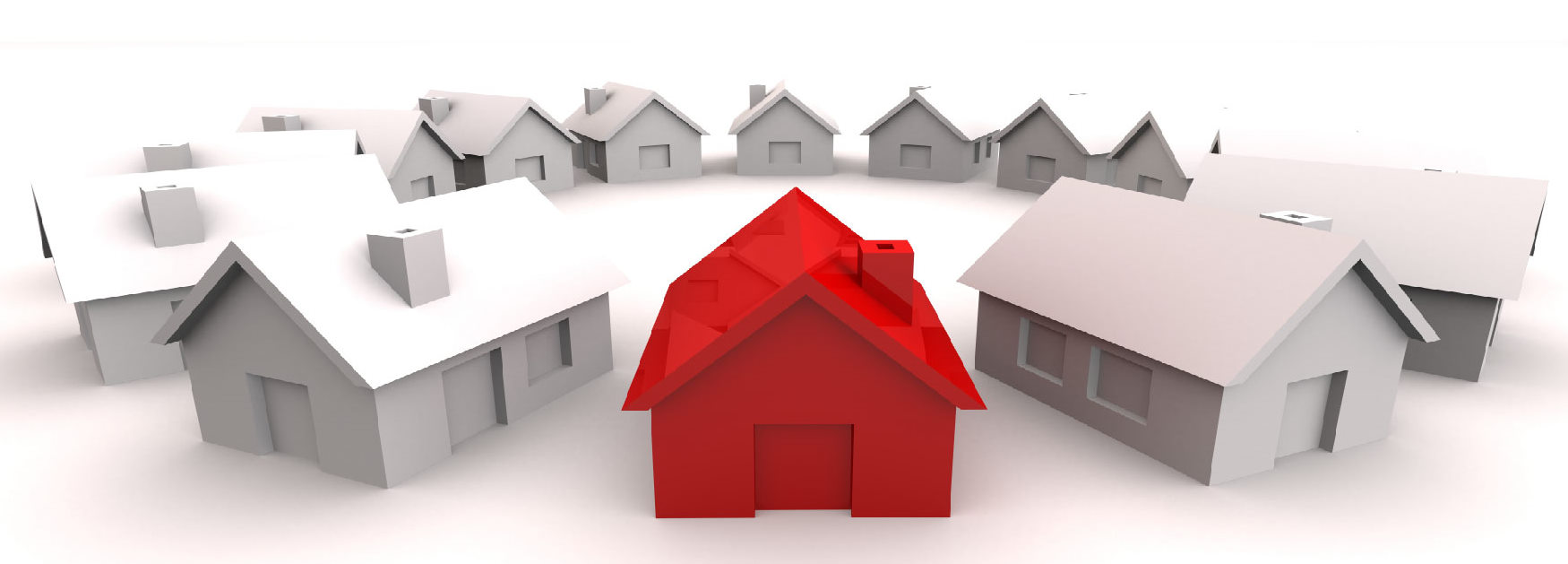Reverse Mortgages
How does a reverse mortgage work?
A reverse mortgage allows you to borrow cash against the value of your home. You usually don't have to make regular repayments until you leave your home. You may move into care, sell your home or die. At the end of the loan you, or your estate, must repay what's owing. This is usually paid out of the proceeds of the sale of your home.
During the term of the loan you are charged fees and interest. These are added to the loan balance. You will be charged interest on the interest (or compound interest). This builds up the total amount you owe.
There is a risk that the amount of the loan may increase to a point where it is more than the value of your home. This means that when the home is sold there is not enough to cover amount owed. Be careful as only some reverse mortgage products guarantee that if this happens, you will not have to repay more than the value of your home. This is called a "negative equity" guarantee. But you must follow the terms and conditions of the loan to keep this protection. Some of these terms may require you to maintain and repair the property so that it remains at a certain standard.
You may be eligible for a reverse mortgage if you are 60 years or older and own your home. A reverse mortgage will allow you to borrow between 15% and 40% of the value of your home. This depends on your age. The older you are the more you can borrow.
What are the benefits?
You can access cash tied up in your home. This can usually be as a lump sum, a regular income stream or a combination of both.
You don't need a current income to qualify. You get to stay in familiar surroundings as you remain in your family home and keep ownership. You can keep your pet and gardens, go to the same clubs and shops. You usually don't have to make any regular repayments while you live in your home.
What are the costs?
Interest rates are usually higher than average home loan rates. Because the interest builds up (or compounds) over the term of the loan, the debt can rise quickly, to the point where it may even be more than the value of your home. You may have obligations that become quite onerous, especially as you get older - like maintaining the property to a standard required by the lender. If you don't meet these obligations, you may lose your no negative equity guarantee and the lender may be entitled to evict you. If you are the sole owner of your home and you move or die, anyone who lives with you may not be able to stay in the home with you.
As you now have additional cash from the loan your eligibility for a pension may change. Because you do not know the final term of the loan there is no way to know for certain how much you will owe at the end of the loan. If you want to move into aged care there might not have enough money left over after the loan has been repaid to pay for your preferred aged care accommodation.
Warnings
- Some products allow you to have the reverse mortgage for a fixed term. If you are alive when this time is up you may have to sell the house so that the loan is repaid.
- You may have to meet the shortfall if your debt amounts to more than the value of your property, if you sign up for a reverse mortgage that does not contain a "no negative equity" guarantee,

